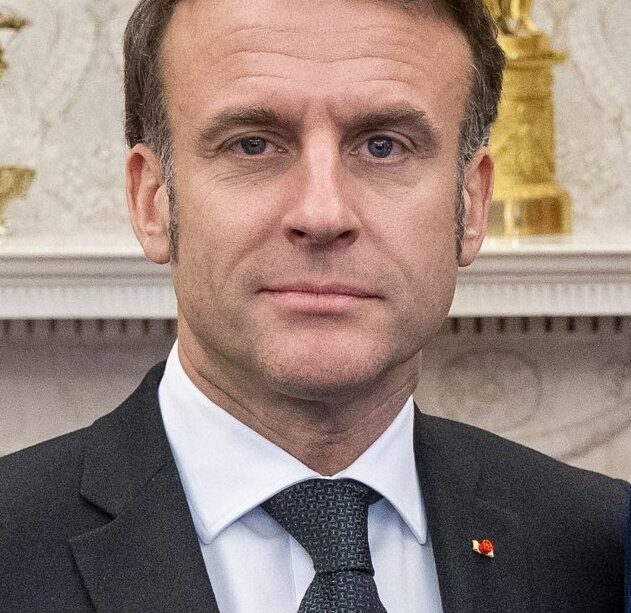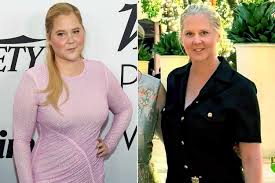The Leadership of Emmanuel Macron in France

Introduction
Emmanuel Macron has been a significant figure in global politics since his election as President of France in May 2017. His presidency has been marked by various reforms, a focus on European unity, and challenges such as the COVID-19 pandemic and the war in Ukraine. Understanding his policies and the impact of his leadership is crucial for anyone interested in international relations and the future direction of France.
Macron’s Political Journey
Born on December 21, 1977, in Amiens, France, Macron quickly ascended the political ranks. After studying at prestigious institutions like the École Nationale d’Administration (ENA), he worked as an investment banker and later became Minister of Economy, Industry, and Digital Affairs under President François Hollande. In 2016, he founded his centrist political movement, La République En Marche!, which gained swift popularity.
Key Policies and Reforms
Since taking office, Macron has pursued an ambitious agenda focused on economic reform, labor law changes, and enhancing France’s position within the European Union. Key reforms included changes to the labor code aimed at reducing unemployment and stimulating growth, alongside tax cuts to encourage investment. Macron has also emphasized climate change policies, committing France to ambitious environmental targets and leading the charge for stronger European measures against global warming.
Challenges Faced
Macron’s presidency has not been without significant challenges. His government faced widespread protests, notably the “Yellow Vest” movement, which began in late 2018 against fuel tax increases and economic inequality. The pandemic also posed unprecedented hurdles, forcing Macron to implement strict lockdowns while striving to manage France’s healthcare resources. Moreover, the ongoing conflict in Ukraine has prompted him to play a key diplomatic role in advocating for European unity and support for Ukraine.
Recent Developments
As of late 2023, Macron’s government is navigating post-pandemic recovery, adjusting fiscal policies in response to inflation, and addressing public discontent with rising living costs. His recent proposals for increasing France’s energy independence have stirred debates on nuclear energy and renewable sources. Additionally, he has continued to advocate for a stronger European defense posture in light of geopolitical tensions.
Conclusion
Emmanuel Macron’s presidency reflects a blend of ambition and controversy, showcasing the complexities of modern governance. As he looks toward the next presidential election, observers will be keen to see how his policies evolve in response to both domestic and international challenges. Macron’s influence extends beyond France, positioning him as a critical player on the European and global stage, making his leadership essential to the future stability and direction of the EU.









